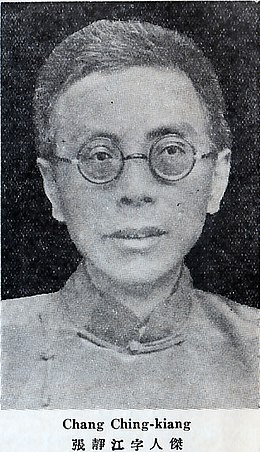Y. Y. Tsu (18 December 1885-), Chinese Episcopal bishop known for his work during the Sino-Japanese war as executive representative of the House of Bishops of the Chinese Episcopal Church. He later directed the Church's central office in China and served as executive secretary of its Home Mission Board. Upon his retirement in 1950, he […]








